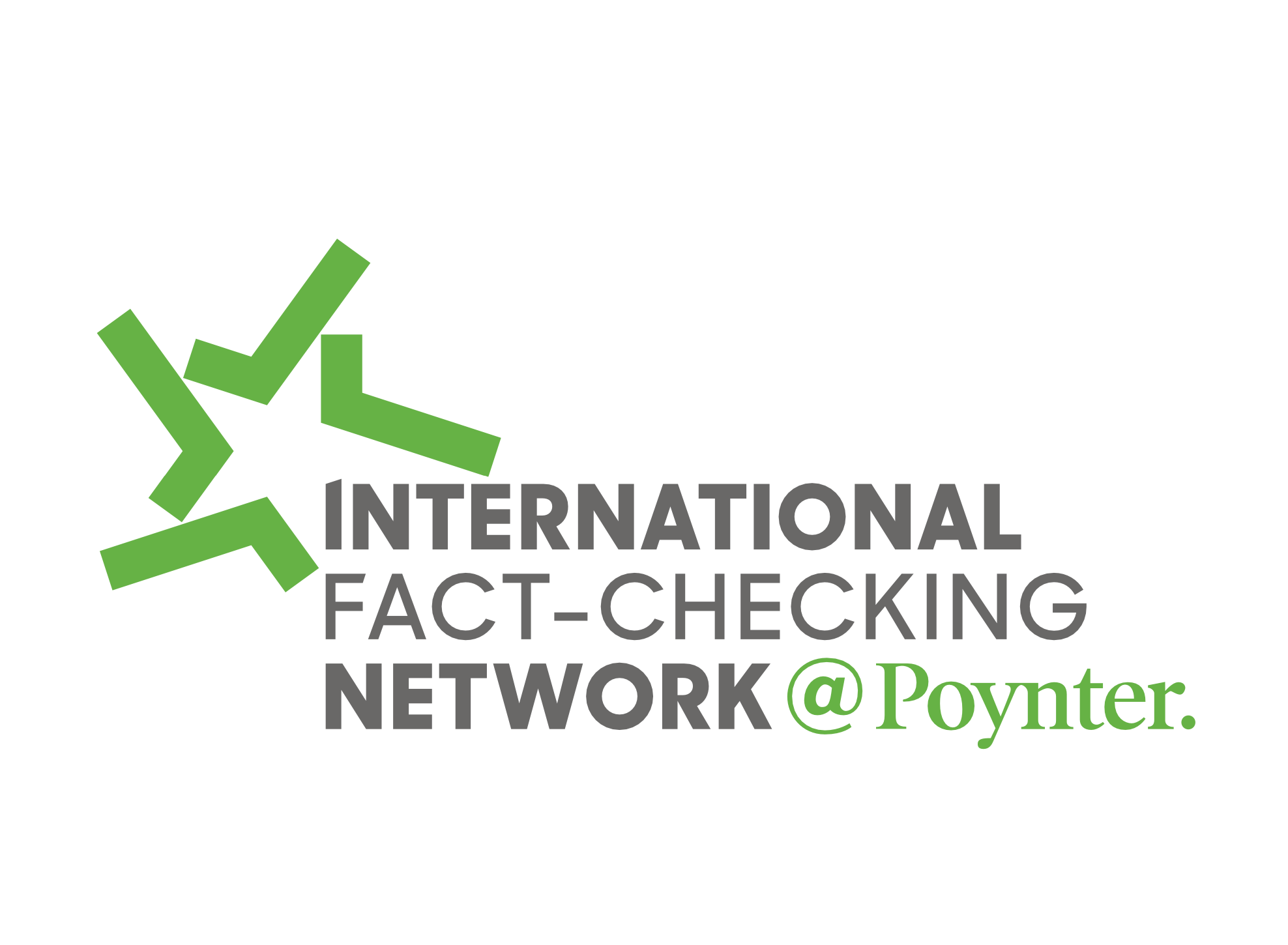
New York Times journalist David Carr poses for a photograph as he arrives for the French premiere of the documentary “Page One: A Year Inside The New York Times,” in Paris, Monday, Nov. 21, 2011. (AP Photo/Michel Euler)
The New York Times
An autopsy report from the chief medical examiner of New York City revealed that New York Times media columnist David Carr died of complications related to lung cancer.
Carr collapsed in the New York Times newsroom Thursday night after conducting an interview at The New School with “Citizenfour” filmmaker Laura Poitras, Intercept co-founder Glenn Greenwald and NSA whistleblower Edward Snowden. He was 58.
Carr’s death prompted an outpouring of tributes from journalists he knew and mentored over the years and those who admired his work. Politico’s Jack Shafer likened the collective grief on social media in the wake of Carr’s death to a virtual “Irish wake.”
As New York Times obituary writer Daniel Slotnik notes, Carr previously survived a bout of “Hodgkin’s lymphoma, a cancer of the lymphatic system.” Carr, who was known for his smoke breaks outside The Times building, recounted his battle with lymphoma in his 2008 memoir, “The Night of the Gun.”
I had Hodgkin’s lymphoma, a cancer of the immune system, and a “good” cancer if it is your turn. Curable if found in its early stages — and we were in pretty early days in spite of the tumor’s impressive growth. Now all the doctors had to do was go most of the way toward killing me in order to save my life. I tend to keep my mouth shut when the subject of cancer comes up. It came and went, nothing to see here, keep moving. But after spending time with my massive medical file and reading a story I wrote later for the Twin Cities Reader, it is clear that my time with the alien left me marked.
In “The Night of the Gun,” Carr remembered how the specter of cancer provided a stark example of life’s unpredictability and of his own mortality:
When life is good, which it often is, I always tell my children that “things will not always be thus.” Peddling through files, buried beneath all of the clinicalspeak, it’s clear that having cancer wounded me in a way that addiction never did. With addiction, I could look in the mirror and say, yes, the affliction nearly killed me and will finish the job if I am not vigilant. Cancer keeps its own appointment schedule. Your body belongs to you one day, and the next it becomes the host. That mystical power, its very ineffability, gives cancer traction on the soul that never goes away.
Carr’s funeral is scheduled for Tuesday morning, Slotnik writes.







Comments